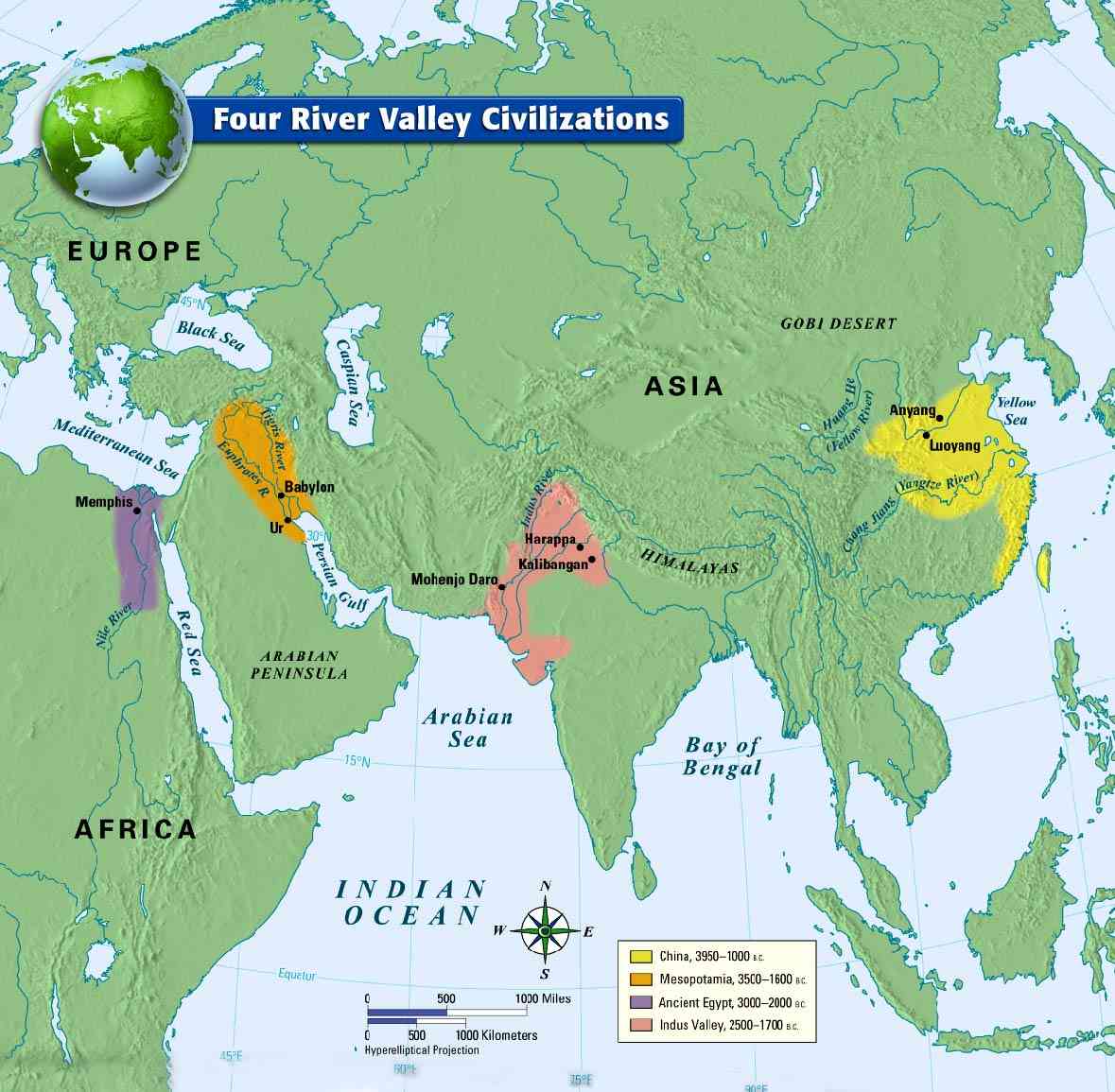Astrology and astronomy are the oldest of all sciences. Astrology came first; in ancient times, they were treated as one science. But with time and while the science was being developed, they began to separate as astrology was not accepted as science. They believed that anything this science predicts it's nothing other than being a coincidence. However, some civilizations kept working with it...while astronomy in the last part of the middle ages was considered the main science. The ancient civilizations provided many interesting theories even they can be in most the cases, inaccurate or incorrect. (article continues below)
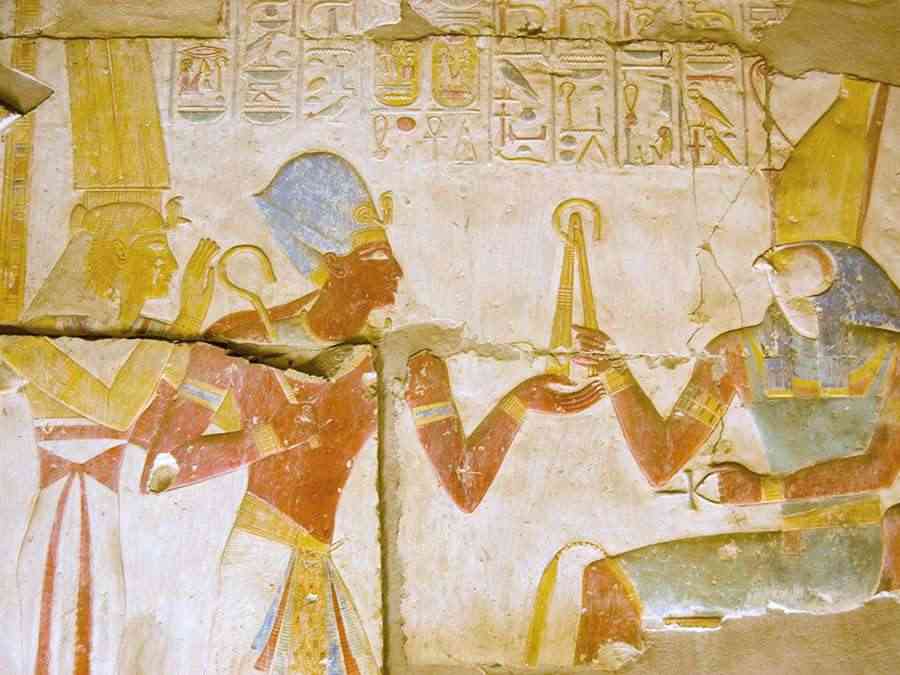
Still, for hundreds of years, they helped to understand the space...but every ancient civilization contributed knowledge to the world as much as they were interested in this science. Here are some ancient civilizations and what they provide: Ancient astronomers studied the movement of the planets as the naked eye captured some of what they studied before telescopes.
Babylonians:
Babylonians were skilled mathematicians and first to study astronomy a thousand years before the telescope. First, to provide the theory of the planets, they recorded their observations in an old text, "the Venus tablet of Ammisaduqa," it talked about the motions of Venus. They tracked the sky's objects using simple arithmetic (and it's a branch of mathematics). At this point, they give a successful description of the astronomical phenomena. And while working with astronomy and being skilled mathematical, Babylonians developed a calendar globally and it was lunar based and it's similar to the calendars today.
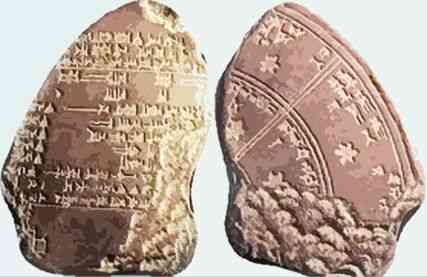
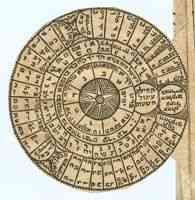
But Babylonians were not the first to develop a calendar. Egyptians also developed a calendar on their own. But why did they study it? Babylonians noticed that some events were recurring, like seasons, lunar phases, etc. Every phase of them controls certain weather, like this phase, when the snow melts. This phase is when we can plant the grain seeds, which this phase is related to the seasons. In this case, they developed Astrology. Babylonians survived tablets and text talked about amazing theories. Their astronomers believed that everything happens on Earth, from weather to the water level, all are attached to the motion of the planets and stars. They were full of information about planetary and lunar positions, amazing to find in a clay tablet. But not to forget that nothing was impotent to them more than "Marduk"-related to Jupiter-they talked about it a lot as if it was a God. However, Babylonians treated Astrology and astronomy as one science, In their time, Astronomy followed Astrology and they could give the same results. They worked with Astrology till the latest times.

Egyptians:
Egyptian astronomy was connected to religious matters to trace the dates and times for festivals. But Egyptian astronomy was not mathematically detailed. The setting and rising of the stars were associated with the religious myths which show how it can be what they gave is simple and not detailed.
It's even made the common idea that Ancient Greeks obtained their latest knowledge from Egyptians seems less real...But this does not mean they don't have a remarkable achievement. For example, they aligned their pyramids and temples to the north so, from a certain way, you can see them lined up with stars almost perfectly. They represent the three stars in the belt of Orion (Alnitak, Alnilam, and Mintaka). By this, they meant their kings will become stars when they die. And the build of the Sphinx's lion-shaped is a reference to the constellation of Leo. The Nile represents the Milky Way. what they tried to do is build a landscape that can be heaven on Earth, and this is not the odd thing as the common thing for the ancient civilizations is: the sky and space are the heavens. -this can take us back to the first point "they studied astronomy for religious matters"-And they developed the first calendar and was solar-based, after them the Babylonians.

Greeks:
The Ancient Greeks have a master hand in developing astronomy. They depended on an endless cluster of subtle perceptions and scientific strategies that the Babylonians created. They refined and developed it. Their philosophers took the knowledge from others and added it to what they have. They as well made exact astronomical observations, and they gave new thoughts. "Hipparchus" (he is an astronomer and mathematician who helped in the development of astronomy) gave the location of the sun and moon orbits and that was only by Measuring their sizes and distances from the Earth.
The Sun, Moon, Mercury, Venus, Mars, Jupiter, and Saturn, and they were clear for the naked eye, were assumed to orbit around the Earth as the common theory was that Earth is the center of the universe. Also, they presented the idea that the Earth goes around the Sun, but they didn't stick up to it. And they gave the explanation of the eclipses. And they were the first to submit the idea of "a geocentric solar system." Some of their theories were based on religion and heavenly perfection, so they were incorrect, making it seem less scientific. However, ancient Greeks were knowledge-collectors. They wanted to understand the world they are living in better. So science was highly prized.
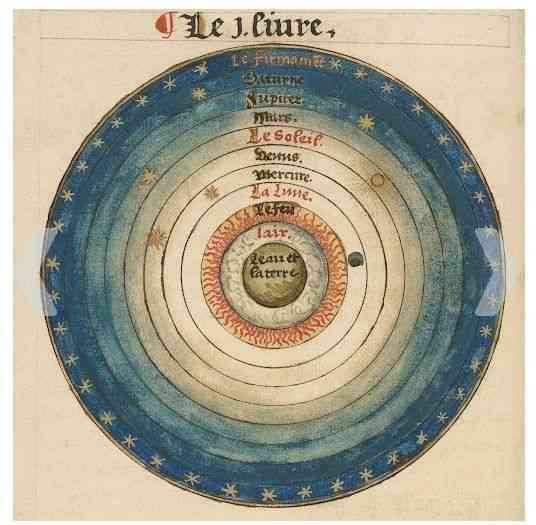
Maya:
Maya was gifted astronomers. Maya astronomy was the most accurate before telescope astronomy in the world. The high degree of accuracy of their observations was shown in the measuring of the phases of Venus.
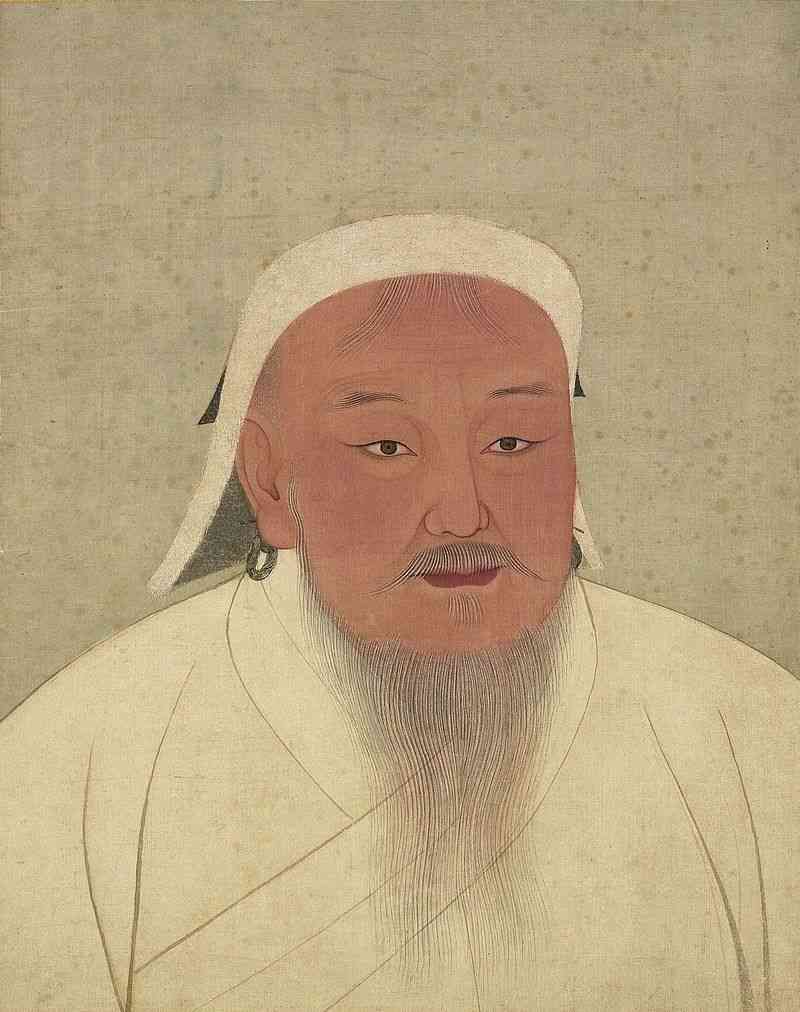
They did accurate calculations, and this because they didn't want their holidays being held at the wrong time, and every certain phase of Venus was a holiday for the Maya. And they developed a calendar system on their own. Their calculations that match cycles of around 260 days and 365 days are exactly equal to the real solar year in the tropics but with a 19 min little error that can lead to differences in the dates of their holidays after hundreds of years won't hurt in the short term. They worked on refining their calendar to have this degree of accuracy. They lined up their buildings to follow the track of the sun and stars, which helped them to know the seasons and find out when to grow crops.
And they recorded the movements of the planets mathematically or did calculations to know when the moon will pass in front of the sun so they can be prepared for eclipses—all for religious matters. And for why they were very interested in space? Besides their gods were in the sky, there is this belief that says they wanted to merge with the cosmos, the universe, and they were searching for the way by studying the sky’s events.


China:
The ancient Chinese believed their havens were the space as the common traditional idea. Astronomy in china was a royal matter. The emperors directly recruited astronomers to record what they saw in the night sky and what was apparent to the eye.
Their main aim was to record the time and did it with high accuracy. They tried to chart every star they saw and titled each of them, the sun, and moon, and eclipse too, and they cared to keep what they studied in records. Their notes and records left a rich astronomical legacy. And unlike the other civilizations, Astrology and astronomy were separate, astronomers their work was to translate events and omens predicted within the sky.
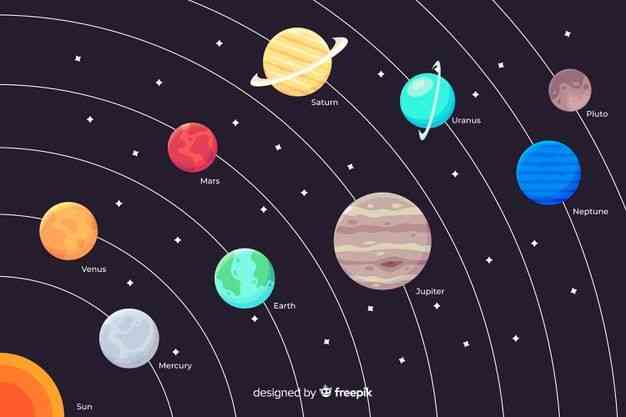
These were taken away from the world of astrologers, which made the main job of astrologers is to see fortune, and when the emperors consulted them before any important resolution. And for the reason why this much interest in astronomy? They were noticing that the sun and moon sometimes lose their brightness which made them worry that if the brightness is gone, this means the end of the world. This made them study the lunar and solar eclipse and then made delicate records about it. The ancient civilizations shared the same beliefs about the space that it's the location of the havens and where their deities are. They tried to be close to them by studying the space or just to make their life on earth easier.

Recommended reading:

1- http://www.mylifebeforemars.com/star-maps.html
2- https://gangleri.nl/articles/368/a-godless-heathenry/
3-https://fromcairo.com/papyrus_art_3.htm
4-https://misistemasolar.com/teoria-heliocentrica/
5-https://www.crystalinks.com/aztecalendar.html
6-https://www.etsy.com/listing/170394911/18-aztec-calendar-wall-sculpture-plaque

